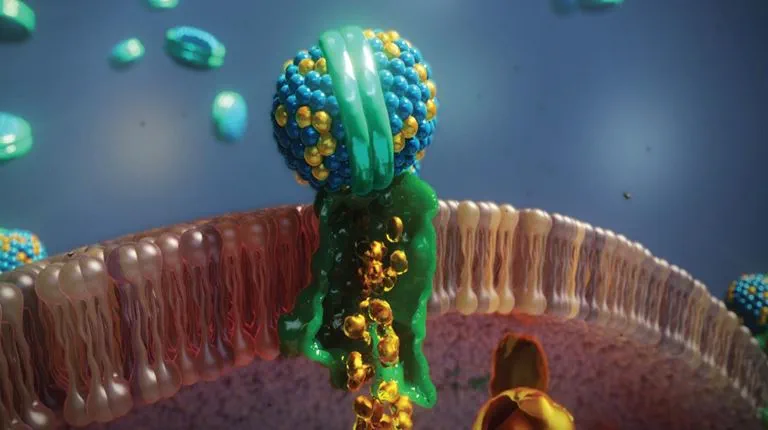Global biotherapeutics leader CSL (ASX:CSL) today announced that it will proceed with a Phase 3 clinical trial for CSL112, the company’s novel therapy for reduction of early recurrent cardiovascular events in heart attack survivors. The decision has been made subject to final agreement with the US Food and Drug Administration (FDA) on important elements of the study design.
The study will be the largest ever undertaken by CSL, and will enroll more than 17,000 patients from approximately 1,000 sites around the world to evaluate whether the drug can reduce cardiovascular events in high-risk patients during the critical 90 day period following a heart attack. The decision to proceed follows positive results from Phase 1 and 2 trials and was announced today during CSL’s annual R&D Investor Briefing in Sydney.
Cardiovascular disease (CVD) is the leading cause of death globally.1 Every year in Australia, an estimated 54,0002 people are hospitalised as a result of a heart attack. Nearly one in five survivors of acute myocardial infarction (MI), or heart attack, will experience a recurrent cardiovascular event (non-fatal MI, stroke, cardiovascular death) within one year of the initial event.3,4 The majority of these recurrent events happen within the first 90 days and are associated with a high rate of morbidity and mortality.4,5,6 In addition, recurrent events are associated with increased economic and healthcare burden.
“Despite recent advances in cardiovascular care, we still have an unacceptable rate of early recurrent cardiovascular events occurring in high-risk patients following an acute MI,” said C. Michael Gibson, M.D., Ph.D., Professor of Medicine at Harvard Medical School and co-lead investigator of the Phase 3 study, known as AEGIS-II. “We are optimistic that CSL112 will offer a novel, rapid approach to reduce these events during the 90-day period when heart attack survivors are most vulnerable.”
“Current treatments available to reduce the high risk of recurrent heart events are limited, and innovative, more effective alternatives are needed in order to ensure higher survival rates for this population of patients,” said Professor Steve Nicholls, South Australia’s SAHMRI Heart Foundation Heart Health Theme Leader and member of the AEGIS –II Phase 3 Executive Committee.
Early recurrent cardiovascular events are commonly caused by the rupture or erosion of cholesterol-rich plaque in the arteries. CSL112 may offer a new approach through the rapid enhancement of cholesterol efflux capacity, a process by which cholesterol is removed from plaque and transported to the liver for elimination from the body.
“The decision to proceed to Phase 3 of the clinical program for CSL112 reflects our promise to patients and deep commitment to innovation, along with our heritage of delivering plasma-derived therapies,” said Professor Andrew Cuthbertson, Chief Scientific Officer for CSL Limited.
“We believe CSL112 has the potential to change the current treatment paradigm for heart attack survivors and improve global health outcomes for the millions of people at risk for early recurrent cardiovascular events.”
CSL112 has been developed by CSL’s global Research and Development team, including scientists in Australia working in collaboration with global sites and partners. The Phase 3 trial, known as ‘AEGIS-II’ (ApoA-I Event reducinG in Ischemic Syndromes II), is expected to take around four years to complete, with patient enrollment beginning in early 2018.
Media:
Jemimah Pentland, Head of Communications
CSL Limited
+61 412 635 483
Jemimah.Pentland@csl.com.au



